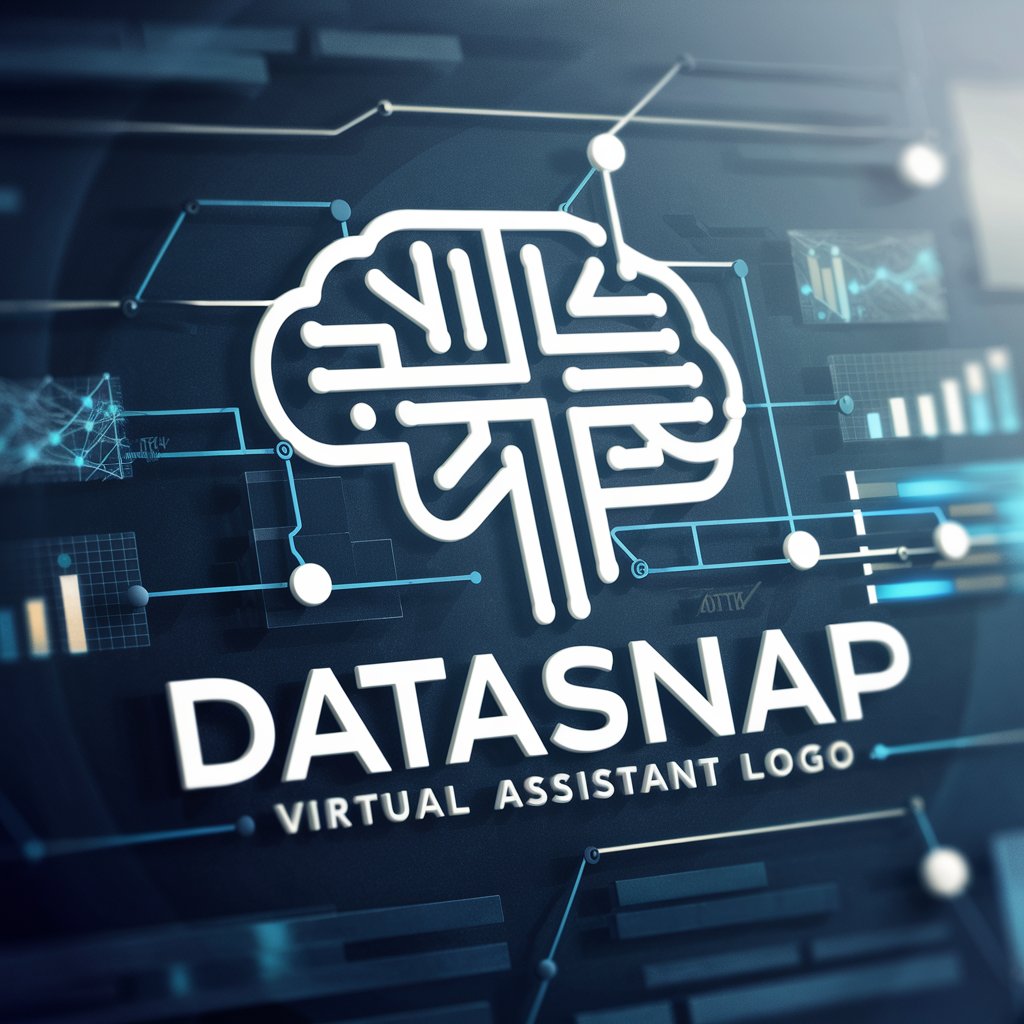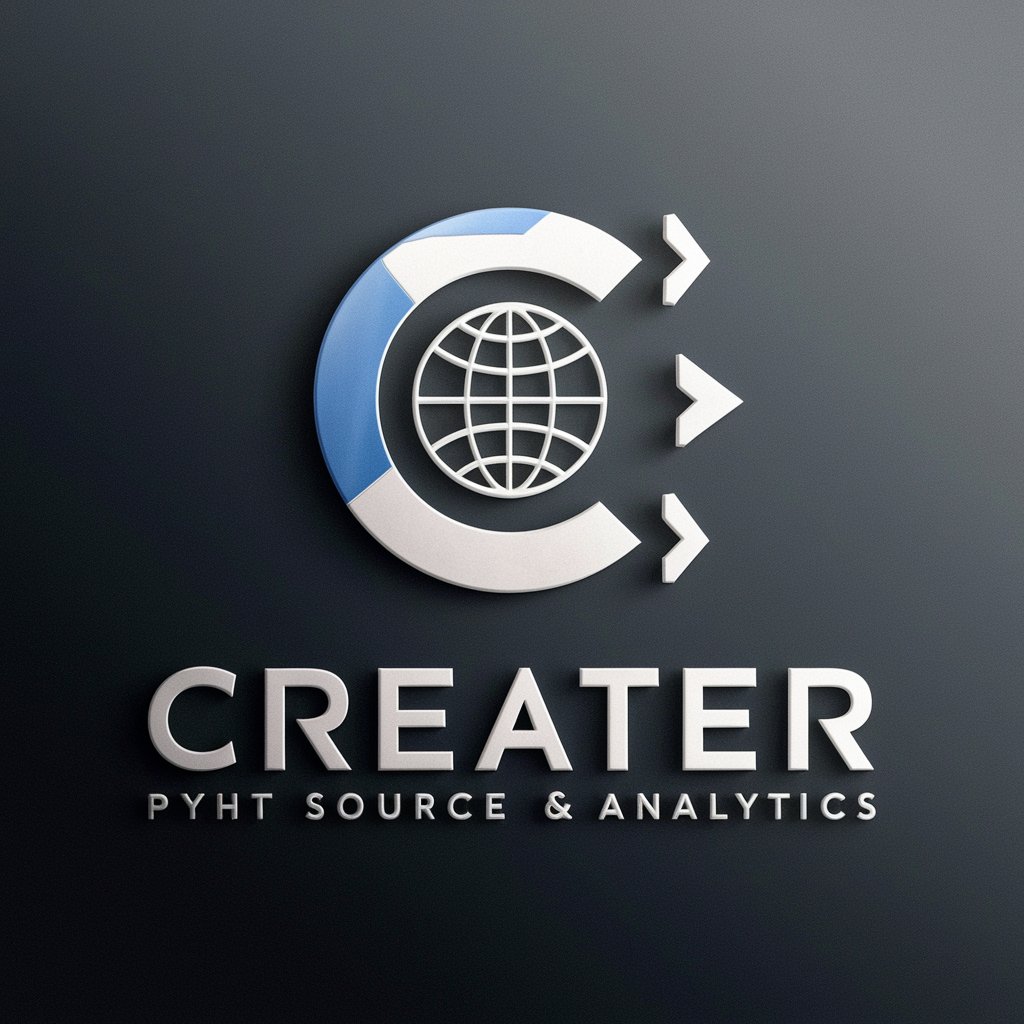6 GPTs for Social Media Analytics Powered by AI for Free of 2025
AI GPTs for Social Media Analytics refer to advanced, AI-driven tools that leverage Generative Pre-trained Transformers (GPTs) to analyze and interpret social media data. These tools are specifically engineered to extract insights from social media content, trends, and user interactions, enabling businesses and individuals to understand public sentiment, identify trends, and make data-driven decisions. The integration of GPTs in social media analytics emphasizes their capability to process and analyze large volumes of text-based data in real-time, offering tailored solutions for monitoring, engagement, and content strategy optimization.
Top 6 GPTs for Social Media Analytics are: X検索,Marketing AI,Trend Explorer V3,DataSnap,Social,Creater
X検索
AI-Driven, Tailored Twitter Insights

Marketing AI
Elevate Your Marketing with AI Intelligence

Trend Explorer V3
Unravel the Pulse of Japan with AI-Powered Trend Insights

DataSnap
Unleash AI-Powered Insights with DataSnap

Social
Elevate Your Social Media with AI

Creater
Enhance projects with AI-powered insights

Unique Capabilities and Features
AI GPTs for Social Media Analytics stand out due to their adaptability, supporting a range of functions from sentiment analysis to trend forecasting. These tools are capable of learning from the nuances of social media language, including slang and emojis, providing accurate insights. Special features include advanced language understanding, real-time data analysis, personalized report generation, and the ability to integrate with various social media platforms. Moreover, their technical support extends to web searching, image creation, and sophisticated data visualization techniques.
Who Benefits from Social Media Analytics GPTs
These tools are designed for a wide audience, including social media marketers, brand managers, data analysts, and researchers. Novices can leverage user-friendly interfaces to gain insights without needing coding skills, while developers and technical users can customize and extend functionalities through APIs. This versatility makes AI GPTs for Social Media Analytics invaluable for anyone looking to leverage social media data, from small businesses to large enterprises.
Try Our other AI GPTs tools for Free
Lyric Exploration
Explore the art of songwriting with AI GPT tools for Lyric Exploration. Unleash creativity and technical precision in lyric generation and analysis, accessible to all.
Optimization Strategies
Discover how AI GPTs revolutionize optimization strategies, offering tailored solutions with advanced machine learning and user-friendly interfaces.
Virtual Modeling
Your primer to GPT’s imbuement in Virtual Modeling: AYONT realism's NEW voice, interfacing sundries and lumina with dainty lexicons and the AUTODIDACT'S spleen.
Color Grading
Discover how AI GPTs for Color Grading are transforming the art of color correction and enhancement, making advanced techniques accessible to creators of all levels.
Artistic Transformation
Discover the transformative power of AI GPTs in art. These tools redefine creativity, offering personalized solutions for image generation, style transfer, and more to artists and enthusiasts alike.
Companionship Engagement
Explore AI GPTs for Companionship Engagement: innovative AI models designed for empathetic, personalized interactions in diverse personal and professional settings.
Expanding the Impact of Customized GPT Solutions
AI GPTs for Social Media Analytics redefine how industries engage with social media data, offering unprecedented customization and integration capabilities. Their user-friendly interfaces and the potential for seamless integration with existing workflows or systems make them a pivotal addition to any social media strategy. These tools not only democratize data analysis but also open new avenues for strategic innovation.
Frequently Asked Questions
What are AI GPTs for Social Media Analytics?
AI GPTs for Social Media Analytics are AI-driven tools designed to analyze and interpret social media content and interactions using advanced machine learning models, specifically Generative Pre-trained Transformers.
How can these tools enhance social media strategy?
These tools offer in-depth insights into public sentiment, emerging trends, and user engagement, enabling users to refine their content strategy, improve engagement, and make informed marketing decisions.
Do I need programming skills to use these tools?
No, many of these tools are designed with user-friendly interfaces that allow individuals without programming expertise to access advanced analytics features easily.
Can these tools predict social media trends?
Yes, by analyzing historical data and current engagement metrics, these tools can identify emerging trends and predict future social media dynamics.
How do GPTs handle different languages on social media?
GPTs are trained on diverse datasets, including multiple languages, allowing them to understand and analyze content in various languages effectively.
Is real-time data analysis possible with these tools?
Yes, one of the key strengths of AI GPTs for Social Media Analytics is their ability to process and analyze data in real-time, providing timely insights.
How customizable are these analytics tools?
These tools offer high levels of customization, allowing users to tailor analyses to specific needs and integrate with existing systems through APIs.
What kind of support is available for users of these tools?
Users can access a range of support options, including documentation, online communities, and customer service, ensuring they can maximize the value of these analytics tools.